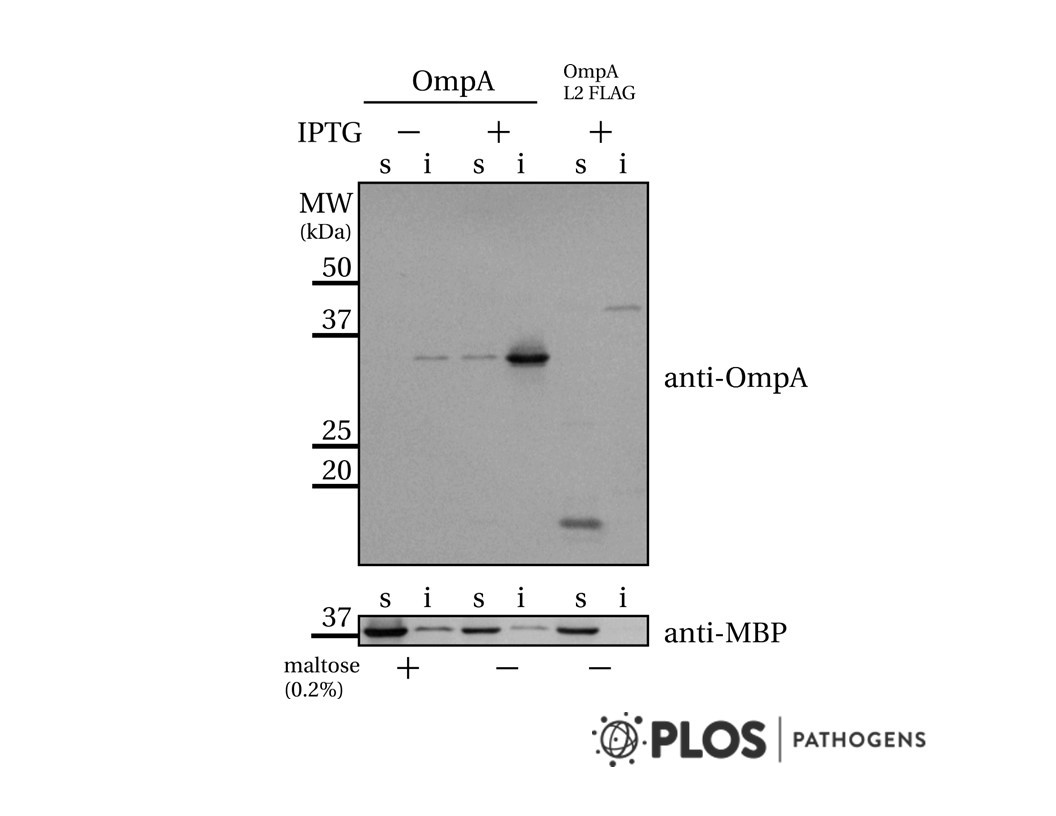
Cat. #162128
Anti-Laminin alpha 5 [4B12]
Cat. #: 162128
Availability: 3-4 weeks
Target: Laminin alpha 5
Class: Monoclonal
Application: IF/ICC
Reactivity: Human
Host: Mouse
£300.00
This fee is applicable only for non-profit organisations. If you are a for-profit organisation or a researcher working on commercially-sponsored academic research, you will need to contact our licensing team for a commercial use license.
Contributor
Inventor: Sulev Ingerpuu
Institute: University of Tartu
Primary Citation: Pook et al. 2014. J Thromb Haemost. 12(4):519-27. PMID: 24450402
Tool Details
*FOR RESEARCH USE ONLY (for other uses, please contact the licensing team)
- Name: Anti-Laminin alpha 5 [4B12]
- Clone: 4B12
- Class: Monoclonal
- Conjugation: Unconjugated
- Cell signalling pathway: ERK
- Molecular weight: 400 kDa
- Reactivity: Human
- Host: Mouse
- Disease: Nephrotic Syndrome, Type 26 and Bent Bone Dysplasia Syndrome 2
- Application: IF/ICC
- Description: Anti-Laminin alpha 5 (LMa5) monoclonal antibody, clone 4B12. Antibody against LMa5 used in IHC and ICC. Antibody has previously been conjugated with biotin by Pook et al 2014.
- Immunogen: Natural human laminin-511 purified from A549 lung adenocarcinoma cells
- Isotype: IgG
- Recommended controls: Mouse IgG is recommended as a control for IF and FC
Target Details
- Target: Laminin alpha 5
- Target alternate names: LAMA5, Laminin, alpha 5, laminin subunit alpha 5
- Molecular weight: 400 kDa
- Target background: Laminin alpha 5 is one of the subunits of laminin 5, one of the extracellular matrix glycoproteins abundantly present in the basement membranes of blood vessels. Laminin 5 is involved in many biological processes, such as cell adhesion, differentiation, migration, signalling, neurite outgrowth and metastasis.
Applications
- Application: IF/ICC
- Application notes: For IF on platelets, a working concentration of 3 ug/mL is recommended
Handling
- Shipping conditions: Dry ice
Related Tools
- Related tools: Monoclonal antibody 8G9 anti laminin alpha 5
References
- Schmal et al. 2016. Stem Cells Int. 4148093, PMID: 26839560
- Pook et al. 2014. J Thromb Haemost. 12(4):519-27. PMID: 24450402

![Anti-CAR Whitlow Linker [1C3C3]](https://cancertools.org/wp-content/uploads/Figure-6-Kimble-et-al.-J-Immunother-Cancer-2025-300x322.jpg 300w, https://cancertools.org/wp-content/uploads/Figure-6-Kimble-et-al.-J-Immunother-Cancer-2025-280x300.jpg 280w, https://cancertools.org/wp-content/uploads/Figure-6-Kimble-et-al.-J-Immunother-Cancer-2025-954x1024.jpg 954w, https://cancertools.org/wp-content/uploads/Figure-6-Kimble-et-al.-J-Immunother-Cancer-2025-768x824.jpg 768w, https://cancertools.org/wp-content/uploads/Figure-6-Kimble-et-al.-J-Immunother-Cancer-2025.jpg 1193w)


